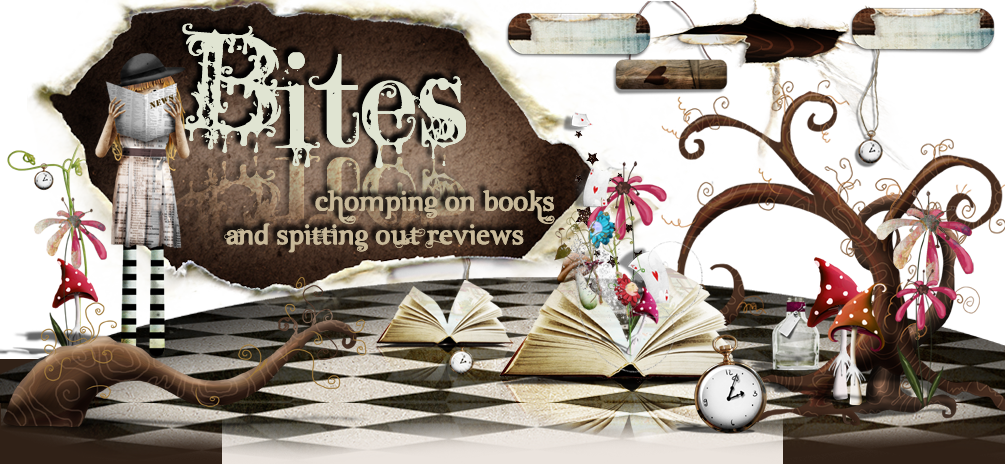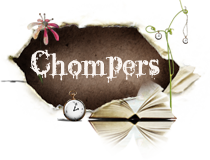If you haven't read Lenore's post titled, Book Bloggers Behaving Badly, and you're a blogger, you need to go read it. Now. That post will give you lessons on what NOT to do straight from the authors' mouths. Really, it's kind of shocking what they've gone through at the hands of some book bloggers.
First and foremost, book blogging should be fun. We don't get paid for this (although the FTC will argue that), it eats a lot of our time and it requires real work. But we do it because we love it and we want to let everyone know what we like (or don't like) to read in the hopes of getting more people reading. But when you start getting publishers and authors involved, you have to kind of evolve your email style to something a little more professional than a fangirl squee. Granted authors do love fangirl/boy squees but if you're asking for something from them, you just have to up to the professionalism just a smidge.
For example, when I request a guest post from an author, I've read their book in question (why would you request anything from an author you're unfamiliar with?) and am ready to hand over some much deserved praise. My emails for requesting guest posts are pretty standard format; first paragraph is what I read, why I liked it, why I connected with it and so on, and the second paragraph is for the actual request, giving some examples of topics they may want to post about if they're interested and so on. I point them to my blog so they can take a look and then sign off.
What you don't want to do is email the author, squee and them slightly demand a guest post or interview by saying something like, "I want you to post on my blog about X topic and I want it by Friday." Thanks, teach. Do I get extra credit to? Or shoot off interview questions with the initial request email. Don't do that. Have the questions ready but just leave the request post for the request. If the author responds in the affirmative, then send them on over (copy and paste, preferably). Demands are a kind of a turn off and I know, personally, I'm much less inclined to do something for someone if they're not really giving me a choice to do it or not.
One of the tips is to not request ARCs directly from the author. I have done this but it certainly never backfired because the author responded and CC'd her publicist in on it so I could receive a copy. In all honesty, I never even thought to contact the publicist for the book directly. At the end of the day, I've only requested one ARC directly from an author so I guess it's kind of irrelevant but I can see why it's best not to do it seeing as how they, themselves, have a very limited number of ARCs as opposed to a heaping pile stored in a garage for all to take.
Again, response comes down to professionalism. Despite the fact that we're not professionals, we should still act with a certain decorum when contacting authors and publishers. If you're looking for an ARC, state WHY you should receive it (things like you've read other works by the author and loved them, your site stats, number of contest entries on any given contest, types of guest posts from like authors you've had on and their reception by your readers, etc.).
If you're requesting something, either from an author or publisher, you need to make yourself appealing. Don't be greedy and request every book you think you can get your hands on. Unappealing. Don't demand. Unappealing. Type in full sentences. Appealing. Make yourself look like you know what you're talking about and that you're someone that can effectively represent the author in a positive light, because that's what you're doing. The more positive you make yourself (beware the difference between confident and cocky), the more appealing you will be.
When contacting authors, fangirl all you want. They really do like to hear from their fans. But lets keep the creepy stalking to a minimum. Don't try to build a BFF relationship with them. That's a little weird. You want to aim to have a professional working relationship with them. Meaning don't come across as needy or clingy and instead show that you're willing to do for the author what you're asking of them. It's a give and take relationship and you need to give and take equally.
So really I just wanted to highlight the professionalism portion of all of this. Head on over to Lenore's for the full shebang. While you don't need to be writing business documents here, acting in a level-headed manner will do wonders for your professional book blogging relationships.
And one more thing, who the hell would request an interview from an author after giving them a negative review and actually expect an affirmative response? Really? And paying for reader plane tickets? WTF?
Thursday, April 22, 2010
Subscribe to:
Post Comments (Atom)











2 comments:
Sorry, Firefox froze up while I wrote the first comment and words got jumbled. As I was saying:
All I can say right now is it's truly amazing what some people never think about when contacting an author, and even worse, what many of them feel they are ENTITLED to from an author just for reading their work, knowing who they are, or just paying attention to them.
I can't help but think of Neil Gaiman's post from a few months back, "G.R.R.Martin Is Not Your Bitch." Not exactly the same, but some similar behavioral problems.
Post a Comment